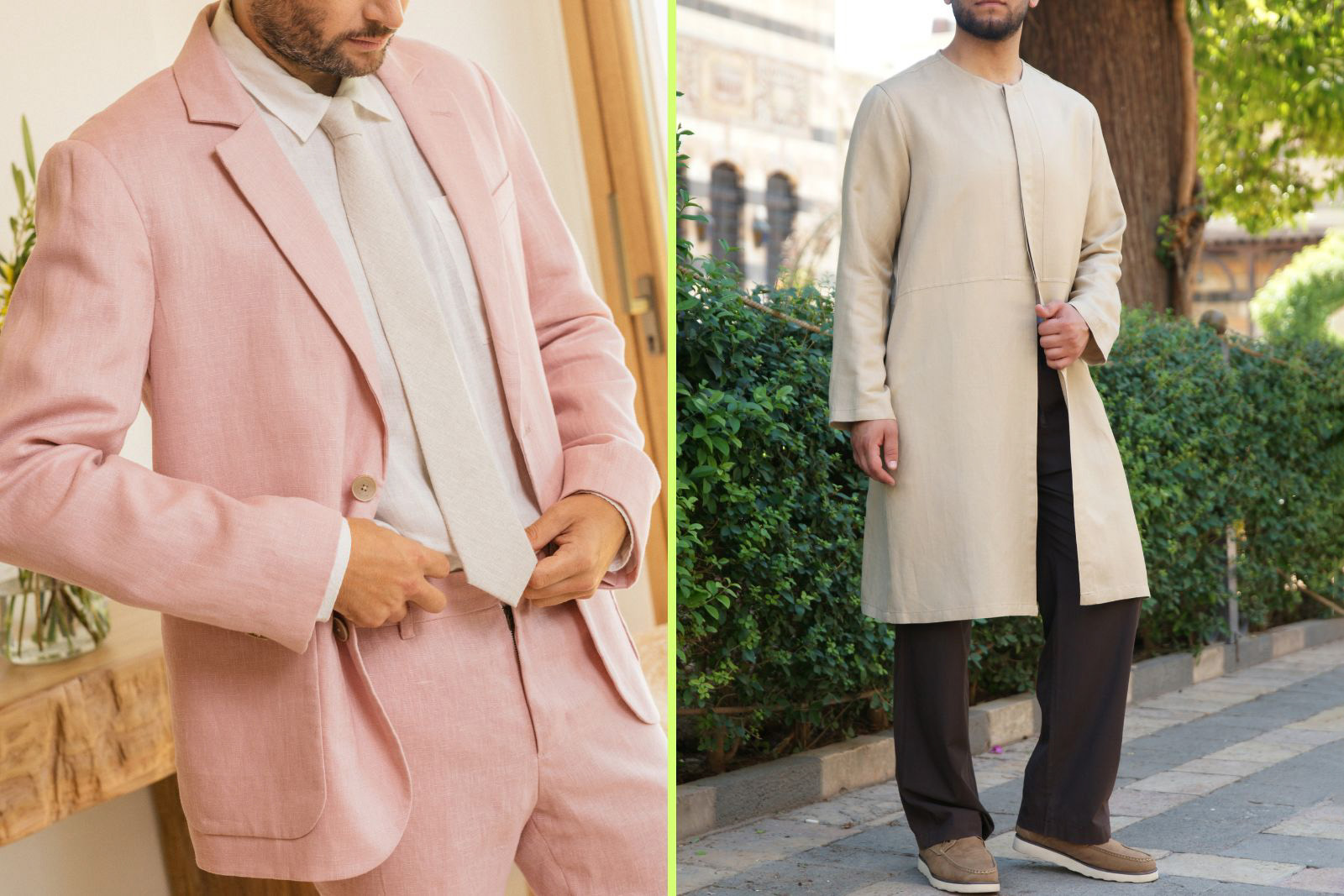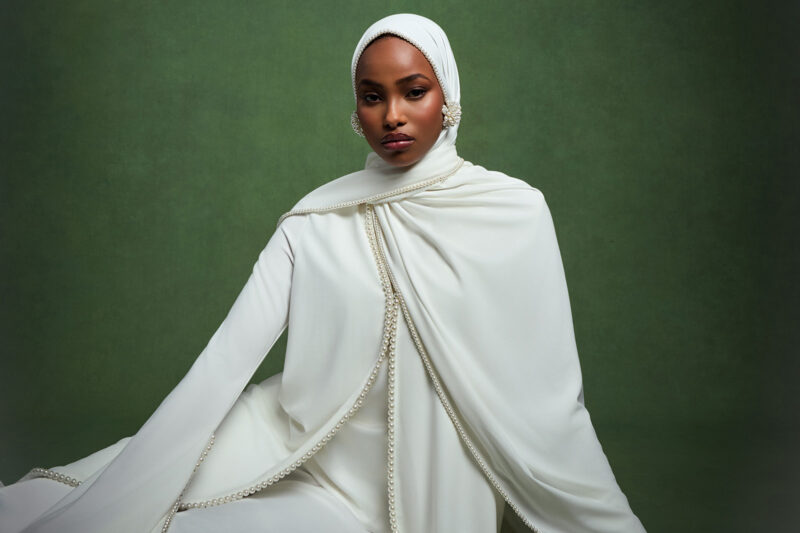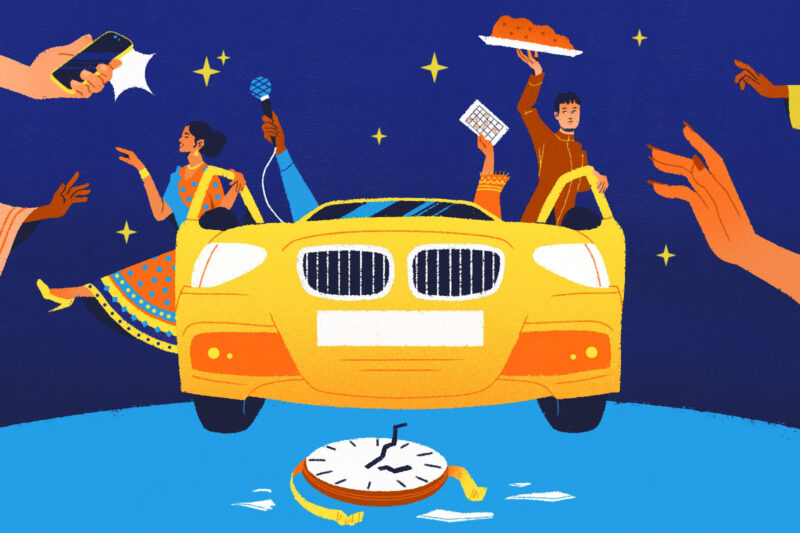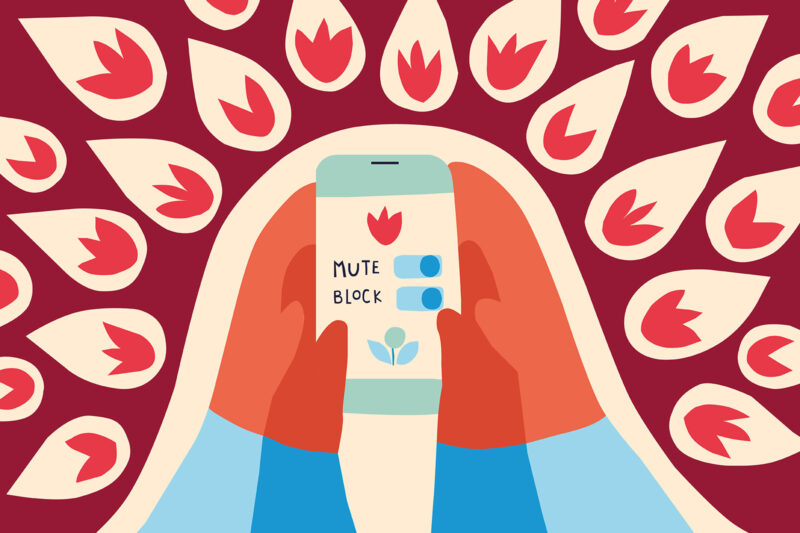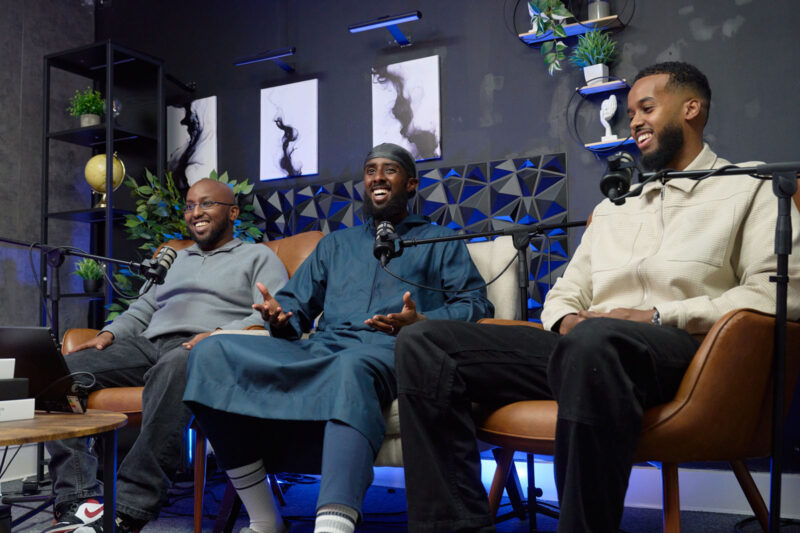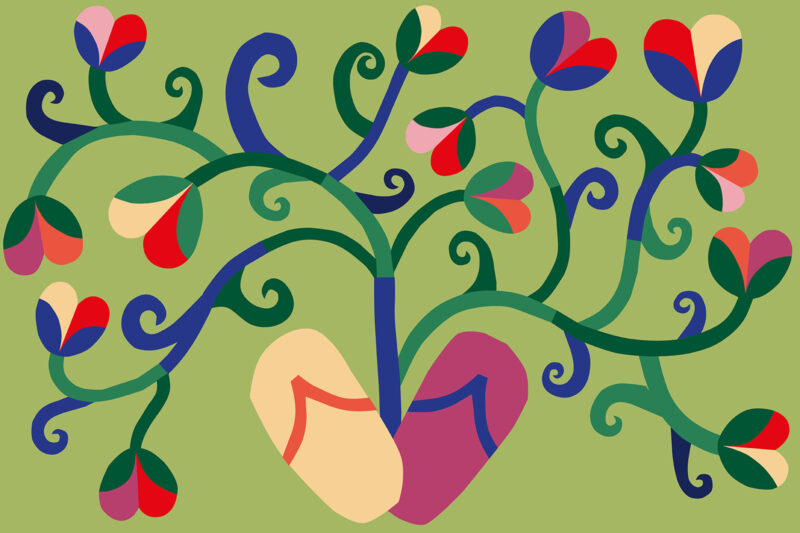Rising wedding costs are jacking up the price of being a guest
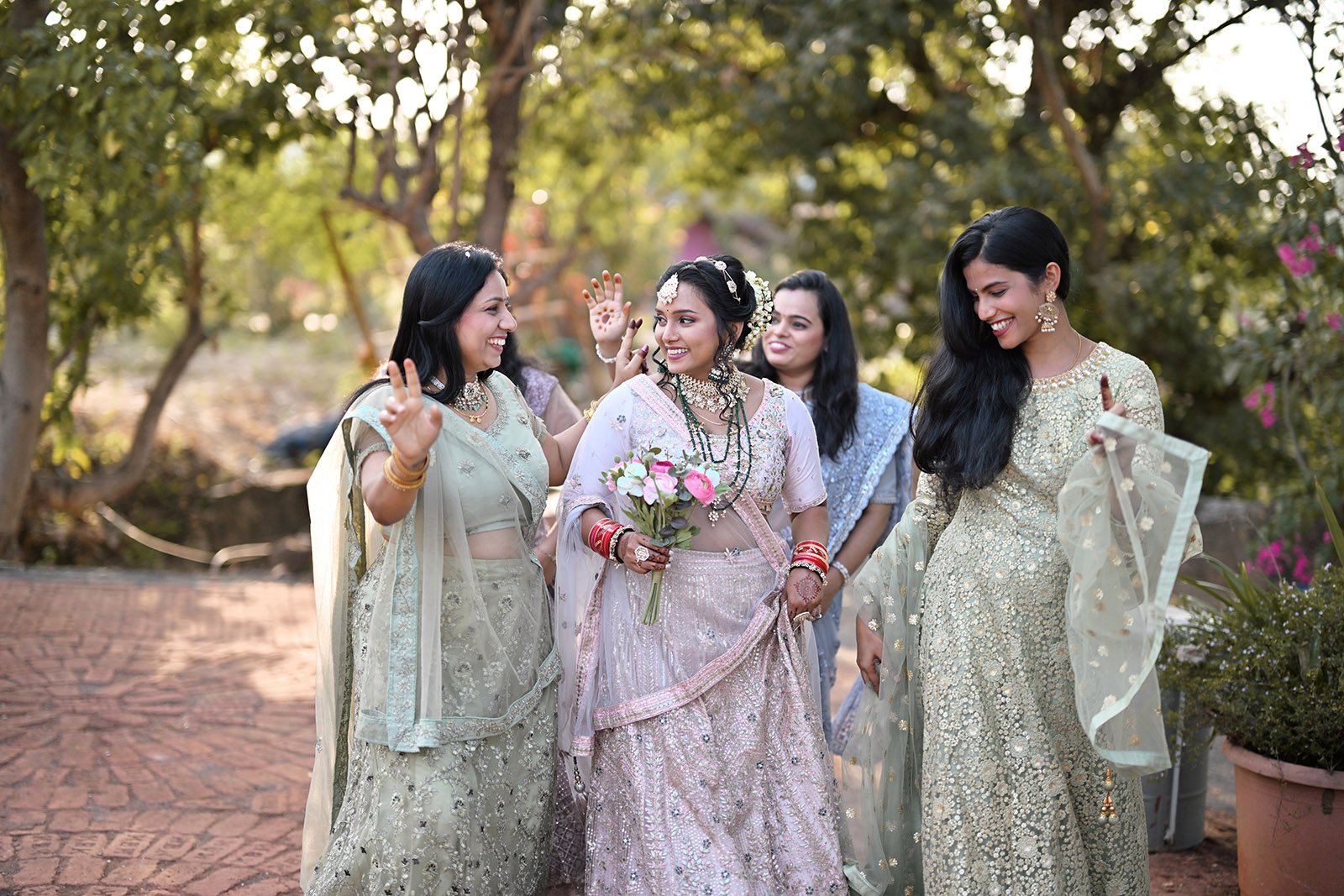
Seeing friends and loved ones tie the knot is a joyous experience — but also an increasingly expensive one
Next to buying a home, getting married is one of life’s most expensive milestones. From venue hire to the outfits, catering and photography, the costs can be colossal. The average UK wedding in 2025 will cost an estimated £26,000, up from £21,000 in 2014. Rising expenses are not limited to brides, grooms and their families, though. They also affect guests.
Research by the data reporting company Experian has found that the average cost of attending a UK wedding — including travel, accommodation, gifts and outfits — in 2024 was £451. For overseas destination weddings, that figure jumps to around £2,000. Experian’s survey of 2,000 adults also found that celebrations abroad are becoming increasingly popular, with 37% of respondents reporting that they had been invited to a destination wedding in the past year.
While there is no specific breakdown of costs for people of diverse backgrounds, in many cultures traditional weddings can span several days and place significant financial and practical responsibilities on close friends and family.
Rohita Pabla, a London-based wedding planner and coordinator, says she is seeing traditional celebrations in particular becoming more complex and expensive. “Multi-day celebrations with themed events like a mehndi, sangeet or pool party are now standard rather than exceptional.
“While these celebrations are beautiful and memorable, the guest expectations have also grown. Guests often feel the pressure to keep up — from travel arrangements to preparing for specific themes or cultural dress codes. In some cases, the financial strain can be considerable, especially when attending several weddings in a year.”
Fatima*, 31, from Yorkshire, flew to northern Nigeria for 10 days in May to attend her best friend’s wedding. The celebration comprised six events, from intimate at-home gatherings with the bride’s family to a luxurious reception with more than 300 attendees. All in, Fatima estimates she spent £1,780 to attend.
The total included flights costing £1,000, contributions to decor for a bridal shower and surprise musical entertainment for the bride on the wedding day. According to Nigerian customs, the bride traditionally picks a material she would like her bridesmaids to wear, which they then get stitched and tailored into dresses of their choice. For her friend’s events, Fatima estimates she spent around £250 on materials and tailoring.
The bride’s family, however, did provide accommodation for the bridal party and paid for all of their food throughout the trip. “Our culture is very hospitable. Yes, we spent a lot, but we were given a lot too,” Fatima says.
“My friend gifted all of her bridesmaids boxes with coffee, face masks, and sleeping bonnets, and her family gave us personalised prayer mats, Qur’ans and hijabs. You could tell they really appreciated the effort we had made.”
Muslim weddings in northern Nigeria typically have three key events. One of these is the kamu, or “catching of the bride”. This women-only gathering involves members of the groom’s family coming to “claim the bride”. Both families take part in a playful negotiation over a price the groom’s family must pay to see the bride, who is covered by a veil. Once agreed, a party is held. The second event is the nikkah, the formal marriage ceremony usually attended only by men, and the third is the reception or walima, which is attended by both men and women.
For Fatima, the expense of attending her friend’s wedding was “100% worth it”.
“We’ve been friends our whole life,” she says. “We have the kind of relationship where if she bought me a coffee, she wouldn’t expect me to pay her for it. I know that when it comes to my wedding one day, she would do the same for me.”
Ceejay Yussuf, 33, from London, is attending two Somali weddings in the UK this summer. In her culture, weddings traditionally span two days and include the nikkah, which is usually done at home or in a mosque, followed by the shaash saar, a ceremony during which the bride is officially recognised as a married woman. This celebration includes singing, advice for married life from older women, and wrapping the bride in a shaash (scarf).
There is also the aroos, an event similar to a wedding reception that is typically held in a large venue, with food, music, dancing and speeches. For each wedding, Yussuf expects to spend between £150 and £220 on hair styling, henna, travel, and a gift for the couple. She has managed to make some savings by borrowing a dirac — a traditional Somali dress that typically costs between £200 and £500 — from her mother.
“Somali weddings are definitely becoming more elaborate,” Yussuf says. “There’s a lot more emphasis now on luxury — venues, decor and guests going all out with the glam. Even if you’re just attending you can end up spending quite a lot between outfits, hair and gifts.”
South Asian Muslim weddings also often include multiple events usually spread over three days. In Indian, Pakistani and Bangladeshi culture, the first night is reserved for the mehndi, a pre-wedding celebration with singing and dancing, during which henna is applied to the bride’s hands and feet. The next event is the nikkah or baraat day, which can range from an intimate ceremony at home to a large celebration at a venue. The final event is the walima, a celebratory feast hosted by the groom’s family to mark the union.
Iqra Chaudhri, 29, is attending nine weddings in the UK this year. She spent £1,210 on her best friend’s Pakistani-British wedding in London in May. That included a cash gift of £300 to the newlyweds, a three-night trip to Malaga for a hen do, and £310 on outfits for the wedding day and the mehndi.
With several weddings still to attend over the summer, Chaudhri is bracing herself for the financial hit, but says it’s worth it. “Everyone getting married is close enough to me that while I’m not financially comfortable, I’m emotionally comfortable with what I’m spending. You don’t want to be the one guest showing up with £50 as a present — that’s embarrassing.”
* Some names have been changed
 Newsletter
Newsletter



